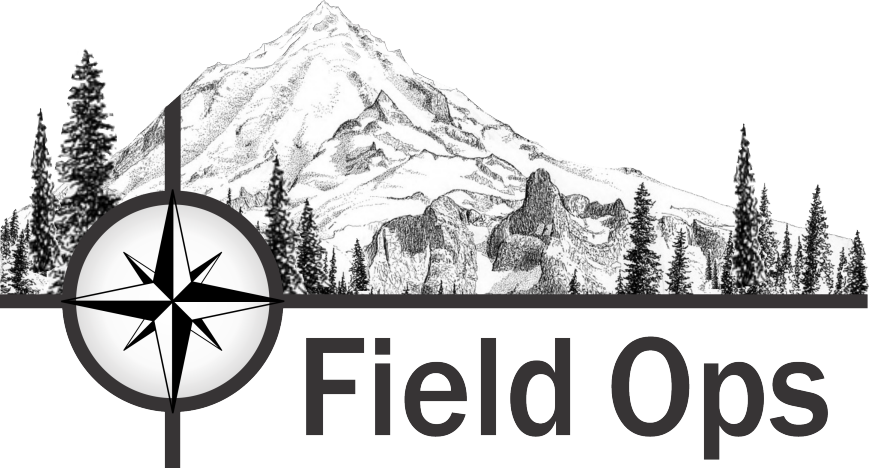Description
Training Series for Medical Countermeasures:
Point of Dispensing
Epidemics, pandemics – from ancient plagues to the 1918 Influenza pandemic, they can kill millions. Today, with global shipping and travel, pandemics no longer take months or even years to spread through the world. Today, it can be a matter of days. Bio-terrorist attacks add yet another element of risk. Knowing how to quickly set up a Point of Dispensing (POD) for medical countermeasures can help save thousands of lives in your own community, including those of you and your family.
But what, exactly, is a Point of Dispensing, or POD?
It’s a place where medications are given out to the public, for free, to address a major event or incident. The medication could be a vaccine, such as the H1N1 influenza vaccine. Those vaccines were dispensed to the public during the 2009-2010 H1N1 pandemic. It could be an antibiotic or antiviral given out to prevent mass deaths after a bio-terrorist attack. For example, the antibiotics dispensed after the 2001 anthrax attacks. It could also be some other medication, such as an antidote or antitoxin. These could be given out to prevent or treat accidental or deliberate exposure to a toxin or illness.
PODs can be run as extensions of the county health department. They can also be set up and run by private groups to treat a specific population and remove some of the burden from a city of trying to treat everyone in the same place at the same time. For example, an eldercare facility, a large church, a mid-sized corporation – all of these could be authorized to receive medications and dispense them to their residents or employees.
This series of training materials explains how to plan, set up, and run a Point of Dispensing. These are not the high-level explanations that are typically found in training materials. Instead, this series give specific, step-by-step instructions for different jobs in the POD. There are training notes, special considerations, key points to remember, common mistakes, sample plans, POD-specific forms, sample briefing scripts, sample facility maps, and notes that explain the why’s, not just the how-to’s.
With these instructions, examples and samples, an untrained worker can step in, understand the role, and do the job as needed.
The series is specifically designed for Citizen Response Teams, Rapid Response Teams (RRT), force multipliers, faith-based organizations, businesses, and other groups who need to set up a POD or train to respond to a local or large-scale incident or event.
Training Series: Point of Dispensing
- Part 1: Training Notes
- Part 2: How-to Guide
- Part 3: Plans, Forms & Briefings Pack
You can buy the training materials individually, or get the whole bundle for $19.95, and save 20%!




